Japanese Customs
and
Etiquette
For Trouble-Free Public Transport,
Less “Putting Up With” and more “Consideration”

In any country there are all sorts of rules when it comes to using public transport, and in the same way, there are quite a few rules and manners visitors should keep in mind when traveling in Japan. Not observing these rules will not only cause bad feelings for those around you but one wrong step may also lead to a nasty fall. When coming to Japan, many visitors will use the trains, buses and taxis on their travels to different sightseeing spots, so before you visit Japan be sure to learn these rules and manners.
Know the Rules When Using the Train
to Get to Your Destination Safe and Sound

The trains in Japan leave and depart on time, the trains even stop at the exact right spot along the platform, and needless to say you’ll not find any litter or graffiti on the trains. This level of accuracy and cleanliness make Japan’s railway system one of, if not the best in the world. It’s also these impeccable standards which encourage the majority of passengers to diligently observe the rules which makes it very noticeable should anyone be seen to flout the rules and manners, even in a small way.
Firstly, it is of course bad manners to cut in line when waiting for a train. You should line up behind the designated line on the platform. If you do find yourself at the front of the line you must stand well back from the edge of the platform behind the yellow safety line. When the train arrives you should naturally let those onboard get off first. Even if you’re in a hurry, fighting your way to get on the train while people are getting off can result in trouble.
While you’re on the train it’s polite to not take calls on your phone. Not only does it give the impression of very bad manners but also if anyone nearby should be wearing a heart pacemaker, the phone’s signal could cause it to malfunction. When listening to music on your headphones it’s a good idea to keep the volume low enough so that other people can’t hear it.
Having a bottle of water or some other drink to quench a parched throat, or something else small that doesn’t have a strong smell like a mint is not a problem, but generally it is not the done thing to eat and drink on the train. If it is a long-distance journey on a bullet train or express train, then it is okay to eat and drink. But it is a good idea to not have anything with a strong smell because you can’t open the windows to let the air in on these types of trains.
The trains in Japan can get very crowded depending on the place and time so if you feel like you won’t be able to get off the train in time when it’s your stop, try saying “orimasu!” (O-RI-MASS) to let others know you are getting off. If you do try to squeeze or barge your way out it may result in injury or trouble with others, so be careful!

A Small Word on a Cramped Bus
Goes a Long Way to Avoiding A Misunderstanding

It’s generally not acceptable to eat or drink on buses either. If you are carrying a small bottle of water or something similar, then it’s a good idea to wait until the bus comes to a halt at a traffic light or bus stop, before taking a drink to mimimize the risk of spilling your drink on the seat or someone nearby.
The seats on the buses in Japan are quite narrow and there aren’t that many of them either so when you are sitting down try not to occupy the seat next to you. The highway buses on the other hand, have a separate seat for each passenger, although because the bus seats are designed for the average Japanese person someone with a larger build may feel somewhat cramped if the seat is not reclined.
So, if you do want to put your seat back please let the person behind you know. There is a fold-down tray on the back of each seat for drinks so if you do suddenly recline your seat, it might cause an accidental spillage. Even if the person behind you doesn’t have a drink on the tray, suddenly having the seat in front come towards you is enough to annoy anyone.
Having your own seat kicked by the person behind you is a problem that often happens on the bus. Of course, most people wouldn’t kick the seat in front of them on purpose, but on a long journey when you need to change your posture you might accidentally do just that. If you do, say “gomen nasai” (GO-MEN-NA-SIGH) or “sorry” right away to let the person in front know it was just an accident.
Japanese Taxis Have Automatic Doors!
Check Around You Before Flagging One Down

If there are no bus stops or stations near to the place you want to go, or if a connection is difficult to make, then simply use a taxi. There are two ways to hail a taxi; you could get one from the airport, station or hotel, or you could flag one down.
At most airports and hotels there is usually someone on hand to get you a taxi so it’s relatively easy, but when you’re flagging down a taxi, you’ll need to check whether the “For Hire” light on the dashboard in the lower corner of the windshield is illuminated to indicate the taxi is available. If the taxi is vacant raise your hand and the taxi will stop for you.
However, the taxi won’t stop if it’s at a place not safe to do so, such as in the middle of a pedestrian crossing or near an intersection where the lights might change. If you have any luggage like a suitcase that would need to be put into the trunk, please flag down a taxi in a place where the cab can easily stop so the driver can take care of your bags. Taxis won’t stop for you if the “Reserved” or “Not in Service” lights are displayed so do check before flagging them down.
-

For Hire -
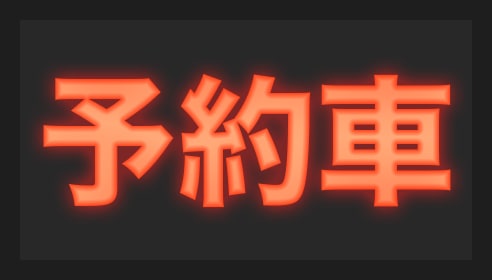
Reserved -
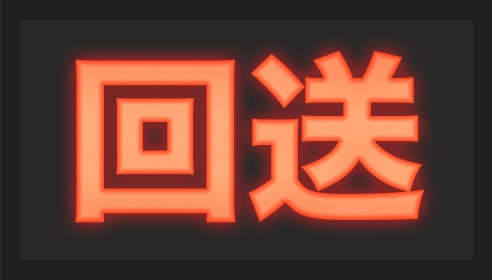
Not in Service
Almost all the taxis in Japan have automatic passenger doors. Since cars are driven on the left-hand side of the road, when the cab stops the left rear door will be opened automatically. And there’s no need to close it once you get in as the driver will do this remotely, just be careful not to obstruct the door with any part of your body, item of clothing or belongings.
On trains, buses or even taxis, not following the rules can lead to problems. So, be sure to observe the rules and etiquette to avoid trouble, and enjoy your trip to Japan.
Yakult Man Says...

Tipping is not done in Japan so you only need to pay the fare displayed on the meter.
Other Features
-
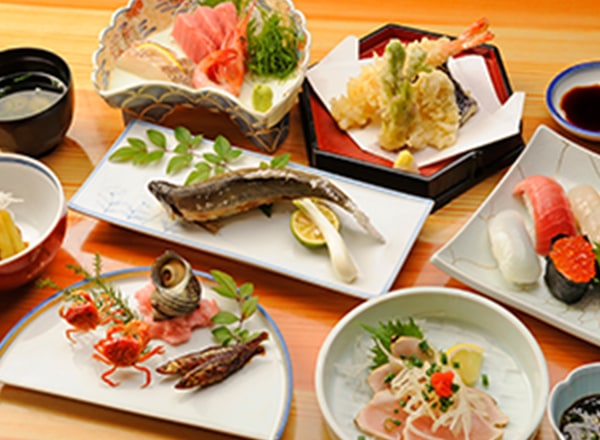
Enjoying a meal the Japanese Way, for Everyone to Enjoy! 5 Table Manners Born from Japanese Culture
-
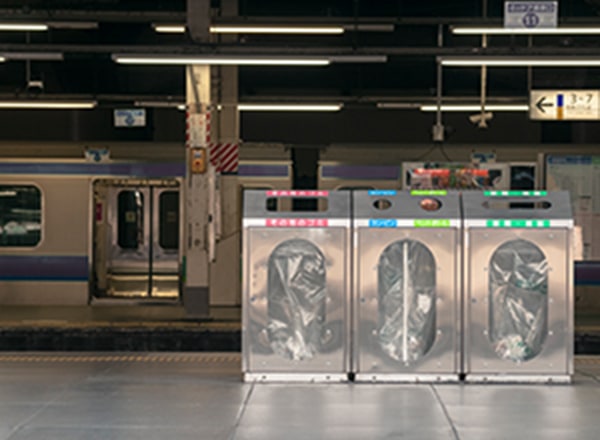
Did You Know? 4 Ways to Behave in Public in Japan
-

Experiencing the Japanese Onsen the Right Way The Naked Truth!
-
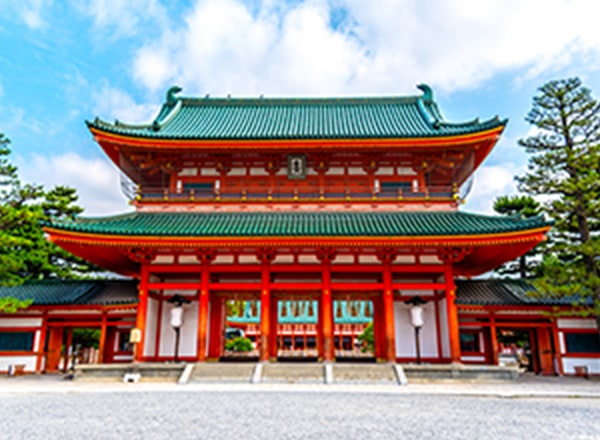
Get the Answer to Your Prayers with the Proper Etiquette! How to Visit a Shrine or Temple in 5 Steps



Priority seating for the elderly, those with disabilities and pregnant women, can be found in buses and trains all over the world. In Japan also, priority seating is available in every bus and every train carriage. It is okay to sit in these seats if vacant but if an elderly person, or anyone else who has difficulty standing, is nearby then please give your seat to them.